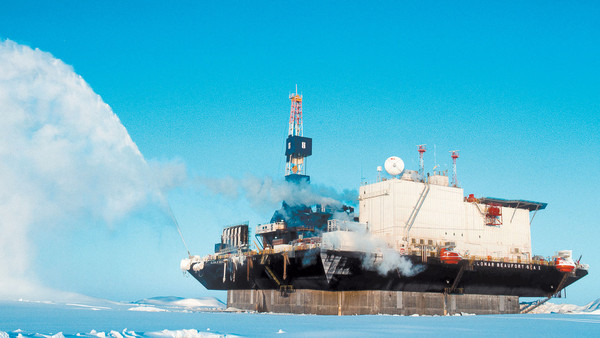Getting Arctic hydrocarbons will be a lot harder than anticipated
 Friday, November 30, 2012 at 12:01AM
Friday, November 30, 2012 at 12:01AM 
FT special report on Canadian energy that highlights the difficulties of accessing Arctic oil and gas and bringing it economically to market.
First is the sheer remoteness. Then there's the extremely hostile environment. Even with the ice-clearing in the summer, the genuine window for exploitation is still measured in weeks. Everything you use must be special built, platforms with extreme reliability.
And the fields in question need to be big - really big - to cover the high costs.
In short, only the majors and supermajors should apply, because only they will have the "financial firepower."
This is all before governments issue ever stringent safety requirements to protect the environment, a bar that rises with each Deepwater Horizon.
Finally, there's how you get it to market, with the big choice being between fixed pipelines and ice-class shuttle tankers. Neither is cheap.
Just a bit of cold water thrown on the anticipated "bonanza."
I note it with interest as I write the final report (while traveling most of the week) for Wikistrat's recent "How the Arctic Was Won" simulation.














